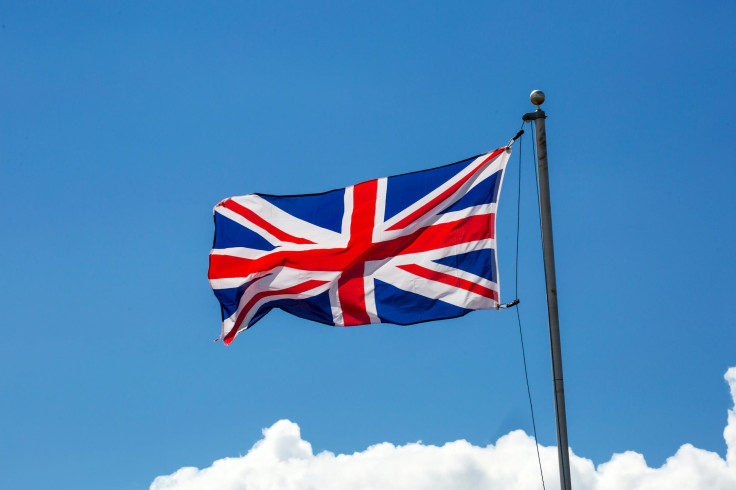UK firmly backs ECOWAS call for Niger's restoration of democracy amidst coup fallout
A coup in Niger ousted President Bazoum, shocking international allies and leading ECOWAS to impose sanctions. The UK is in support of ECOWAS and a diplomatic resolution.

A seismic shift in Niger's political landscape has left the nation grappling with uncertainty, while the international community reacts with a mix of concern and condemnation.
Members of the presidential guard orchestrated a successful coup on July 26, toppling President Mohamed Bazoum from power and declaring themselves as the new leaders. The coup, backed by elements within the army and demonstrators, has sent shockwaves through the West African nation and beyond.
President Bazoum, who had been actively collaborating with Western governments in the fight against Islamist militants in the Sahel region, was overthrown in a swift and coordinated move. The coup has left the United States and European governments stunned, as they had maintained close working relationships with Bazoum and Niger's military in their joint efforts against the growing threat of terrorism in Africa's Sahel region.
The coup's aftermath has been swift and far-reaching. The country's population of approximately 25 million, already grappling with extreme poverty, now faces the brunt of the coup's consequences. The Economic Community of West African States (ECOWAS) responded by imposing sanctions on Niger, adding to the nation's economic woes.
In a significant diplomatic move, the Foreign Office in Britain issued a statement supporting diplomatic efforts advocated by the Second Extraordinary Summit on the Political Situation in Niger. The United Kingdom's statement conveyed its alignment with ECOWAS in calling for the restoration of constitutional order and democracy in Niger. It also vehemently condemned the detention of President Bazoum, his family, and government officials, demanding their immediate release.
The situation took a pivotal turn as leaders within the ECOWAS bloc asserted their commitment to pursuing a peaceful resolution to the crisis. They announced that all options remain on the table and ordered the activation of an ECOWAS standby force, aiming to restore constitutional order in Niger.
Amidst mounting concerns, President Bazoum and his family have been held at the presidential residence in Niamey since the coup. General Abdourahamane Tiani, head of the presidential guard, assumed control, citing a deteriorating security situation as the impetus behind the coup.
The ECOWAS sanctions have had a tangible impact, underscoring the regional and international community's collective condemnation of the coup. Furthermore, the bloc has left open the possibility of employing force against the army officers responsible for toppling the elected government.
Niger's military leaders have further intensified the situation by publicly announcing their intent to prosecute Bazoum for high treason and undermining the nation's internal and external security. Colonel Major Amadou Abdramane conveyed this statement through national television, adding another layer of complexity to the already convoluted scenario.
The coup has elicited both support and dissent within Niger. Thousands of demonstrators marched through the capital, Niamey, rallying in support of the military junta. Notably, some protesters brandished giant Russian flags and chanted anti-French slogans, commemorating Niger's 1960 independence from France.
While parts of Niamey remain relatively calm, sporadic pro-junta demonstrations punctuate the city's atmosphere. However, any demonstrations in favour of President Bazoum are swiftly quelled by the nation's security forces, emphasising the junta's tight grip on power.
The coup's reverberations have reached far beyond Niger's borders, particularly in its relations with France, its former colonial ruler. A violent demonstration outside the French embassy prompted Paris to evacuate its citizens from Niger on August 1. This event strained already tense ties between the two nations.
Further exacerbating the situation, Niger's military rulers have withdrawn from several key military agreements with France. This decision affects the substantial presence of 1,500 French soldiers in the country, as well as significant investments made by European nations to provide military assistance and training to Niger's armed forces.
As diplomatic efforts continue, other nations have responded by evacuating their citizens from Niger. Italy, the United States, and the United Kingdom have all taken measures to safeguard their personnel.
In a surprising twist, Niger's military junta has sought assistance from Russia. During a recent trip to neighbouring Mali, representatives of the junta reportedly engaged with Russian mercenaries, signalling a potentially significant realignment of international partnerships.
The unfolding events in Niger have sent shockwaves through the nation and the global community. As diplomatic efforts intensify to restore constitutional order and democratic governance, the world watches closely, hoping for a peaceful resolution that can stabilise the region.
© Copyright IBTimes 2025. All rights reserved.






















